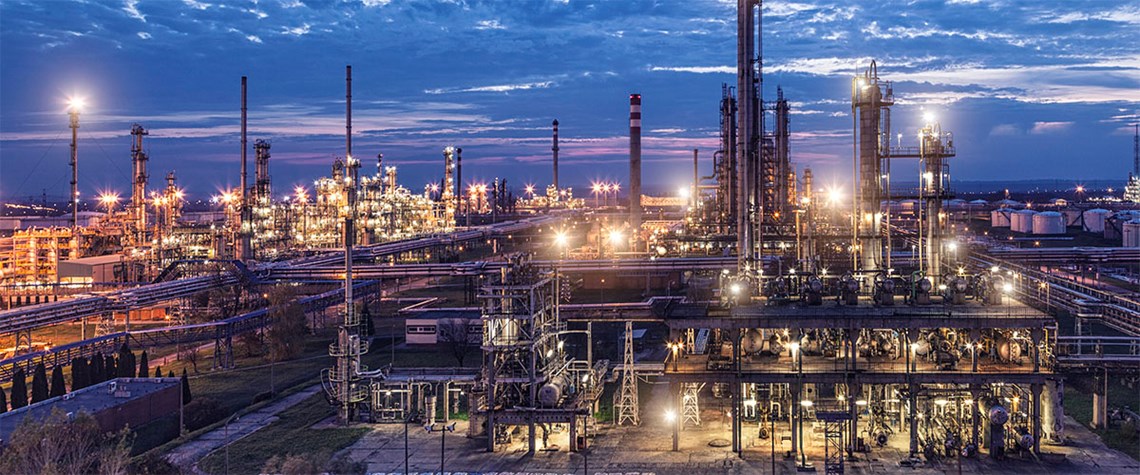Refiners should expect the unexpected
Trend spotting is easier said than done in the refining sector
Refiners will need to be nimble to survive in a world of reduced demand for fossil fuels from the transport sector and those plans need to be put in motion now if they are to survive. Mol is a case in point. Around 70% of the company's output from its refineries in Hungary, Croatia and Slovakia, which mainly serve central European markets, is refined products for the transport sector. By 2030, the company plans to increase its non-fuel production, largely targeting the petrochemicals industry, to 50% of total output, compared with the current 30%. "This does not mean we will destroy our capability to produce diesel and gasoline [if margins stay high]," says Ferenc Horvath, head of the compan

Also in this section
17 February 2026
The 25th WPC Energy Congress, taking place in Riyadh, Saudi Arabia from 26–30 April 2026, will bring together leaders from the political, industrial, financial and technology sectors under the unifying theme “Pathways to an Energy Future for All”
17 February 2026
Siemens Energy has been active in the Kingdom for nearly a century, evolving over that time from a project-based foreign supplier to a locally operating multi-national company with its own domestic supply chain and workforce
17 February 2026
Eni’s chief operating officer for global natural resources, Guido Brusco, takes stock of the company’s key achievements over the past year, and what differentiates its strategy from those of its peers in the LNG sector and beyond
16 February 2026
As the third wave of global LNG arrives, Wood Mackenzie’s director for Europe gas and LNG, Tom Marzec-Manser, discusses with Petroleum Economist the outlook for Europe’s gas market in 2026







